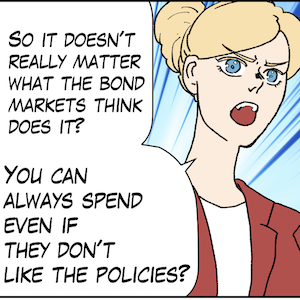Australian labour market – evidence is mounting of policy sabotage driving the unemployment rate up
The Australian Bureau of Statistics (ABS) released the latest labour force data today (July 17, 2025) – Labour Force, Australia – for June 2025, which reveals that finally, the slack that the combination of the fiscal austerity and the high interest rates has created is feeding into the labour market as employment growth slows and the unemployment rate rises (by 0.2 points) to 4.3 per cent. The array of indicators now suggest that there is a systematic slowdown occurring in the labour market. Unemployment has now risen by 59.5 thousand or 0.4 points over the last 6 months as the fiscal position remains tight and the central bank holds interest rates at elevated levels. This is unnecessary policy sabotage – inflation began declining in December 2022 and is now at relatively stable and low levels – there is no reason for the government to be running contractionary policy stance. Underemployment also rose 0.1 point. The broad labour underutilisation rate (sum of unemployment and underemployment) rose to 10.3 per cent (up 0.3 points). It remains a fact that with 10.3 per cent of available labour not being used it is ludicrous to talk about Australia being close to full employment. There is substantial scope for more job creation given the slack that is present.
